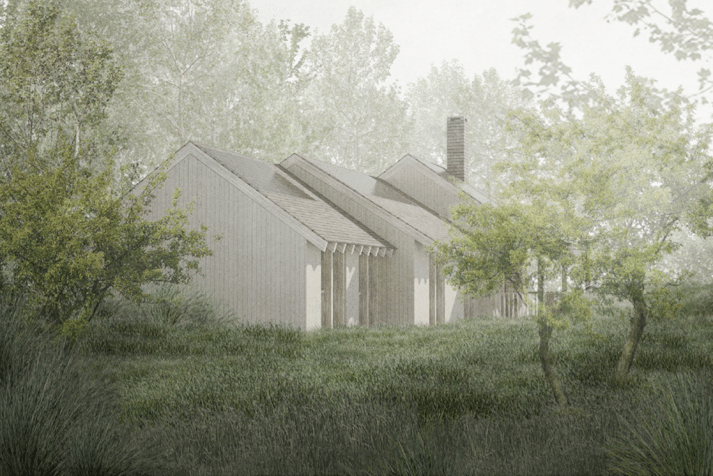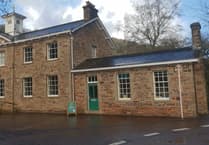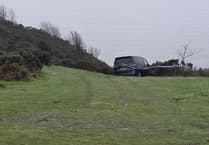NATIONAL park planners have reversed a decision they made earlier in the year on a controversial application to demolish and rebuild a derelict wooden bungalow which has stood empty near Porlock for the past eight years.
Members of Exmoor’s planning committee on Tuesday (July 2) refused permission for architect Ivo Carew to replace Hurlstone Bungalow, Bossington, with a larger, eco-bungalow.
In March, members had approved the same plans against the recommendation of their planning officer Joe White only for the decision to be quashed by the High Court after the Campaign for the Protection of Rural England (CPRE) started proceedings for a judicial review.

CPRE said the planning members had not taken into account their replacement buildings policy, which required the scale and massing of the new build to reflect and be similar to that of the original dwelling.
This week, Mr White again recommended refusal because of the size of the proposed new home in Bossington, next to the South West Coastal Path.
The committee then voted by seven to three to turn it down.
CPRE Somerset chairman Hugh Williams said after the meeting: “Walkers understandably care deeply about inappropriate visual impacts on the coastal path arising from oversized houses.
“They should be able to rely on the ordinary meaning of the words and supporting text of such an important policy as the national park’s replacement buildings policy.
“Following our judicial review action in the High Court, we are pleased that ENPA consented to quash the decision and to re-determine the decision lawfully.”
Objectors to the plans had calculated the proposed new property would have double the frontage of the existing bungalow, which was a modest former workman’s home dating to the 1920s, and double its volume, and would also be significantly taller.
Mr White said concerns over the plans had also been expressed by the South West Coast Path Association, the National Trust, the Exmoor Society, the Exmoor Natural History Society, and in letters on behalf of hundreds of local households.
However, Natural England did not object and there were six supportive letters, including from Exmoor Young Voices.





Comments
This article has no comments yet. Be the first to leave a comment.